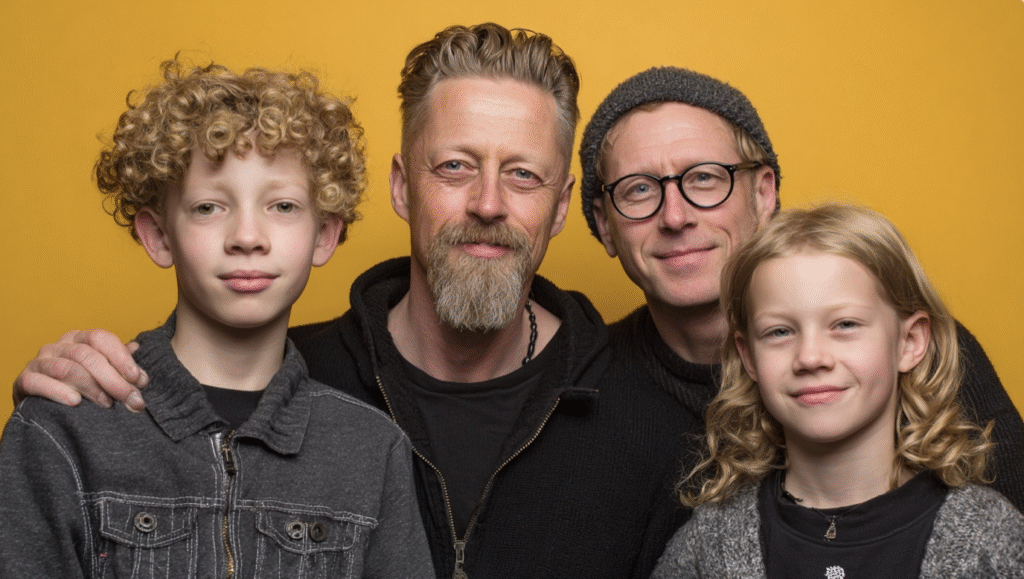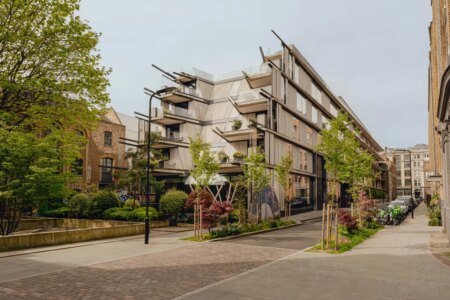Queer families have been a vital part of human history, thriving long before society began to recognise or celebrate them openly. The common narrative that frames these family structures as some sort of modern invention understates the rich and enduring presence of LGBTQ+ people creating lives and raising children through the centuries. What is new today is not the existence of queer families but their growing visibility and acceptance in public arenas.
Historical evidence, though often overlooked, roots queer parenting across cultures and eras. In ancient Greece, the poet Sappho, renowned for her love poetry directed toward women, reportedly had a daughter named Cleis. Across the world in 17th-century China, the Golden Orchid Society allowed women to marry and adopt daughters together, forming chosen family units that functioned similarly to what modern queer families embrace. Even in ancient Rome, same-sex partnerships sometimes included adopted children, underlining a lineage of family-making beyond conventional definitions. Similarly, notable figures like Oscar Wilde, who maintained a family with children, and Vita Sackville-West with her open marriage to Harold Nicolson provide further testimony to diverse sexualities and parenting existing historically, often quietly or behind closed doors.
Contemporary queer families continue these traditions but also have access to new means of building family, including assisted reproduction technologies, surrogacy, and legal adoption. However, chosen families, built from networks of friends, ex-partners, and community allies, remain a vital part of the caregiving landscape. These configurations challenge and expand the traditional nuclear family model, illustrating that love, care, and commitment form the true foundation of family life.
The experience of queer parenting today, while increasingly visible, is still beset by societal complications and legal hurdles. Books like The Queer Parent by Lotte Jeffs and Stu Oakley provide invaluable resources for LGBTQ+ parents navigating adoption, fertility, and school-related challenges, while exploring how family-focused homophobia and systemic barriers persist. Empirical research on the interactions between LGBTQI+ families and schools, as discussed in academic works such as LGBTQI Parented Families and Schools by Anna Carlile and Carrie Paechter, shows both progress and the ongoing need for genuine inclusion and representation in educational settings, essential for the wellbeing of queer children and their parents.
Scholarly research further reveals how legal and medical paradigms have historically constrained queer parents, as documented in Canadian studies on queer reproduction and activism. These investigations complicate traditional ideas of biological parentage and family legitimacy, highlighting the persistent struggle against discrimination in custody battles and societal narratives about sexuality and family roles.
Beyond challenging norms, queer families often serve as sites of radical resistance and social change. The work Queering Families by Tamara Lea Spira situates queer parenting within broader movements for justice, including reproductive justice and decolonial activism led by queer people of colour. This history showcases not only the survival but also the transformative power of queer families to question and reshape social institutions.
Source: Noah Wire Services


















